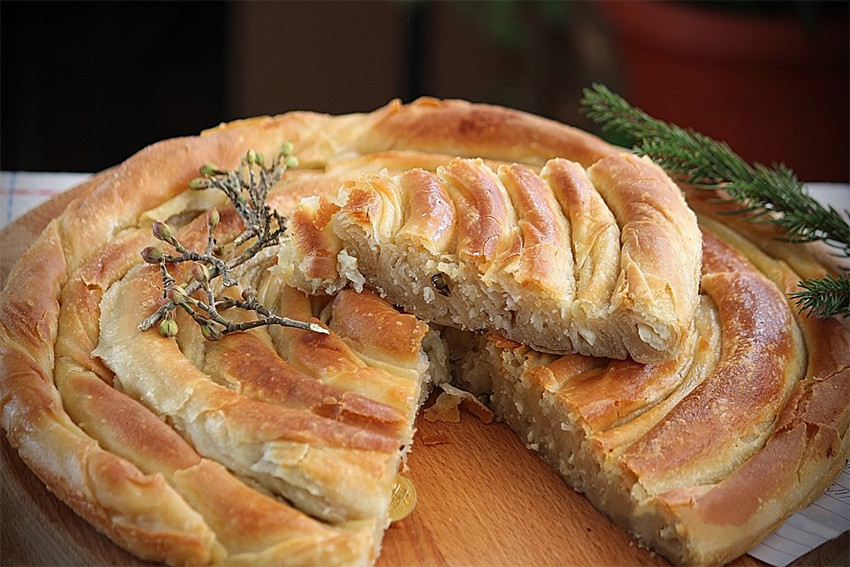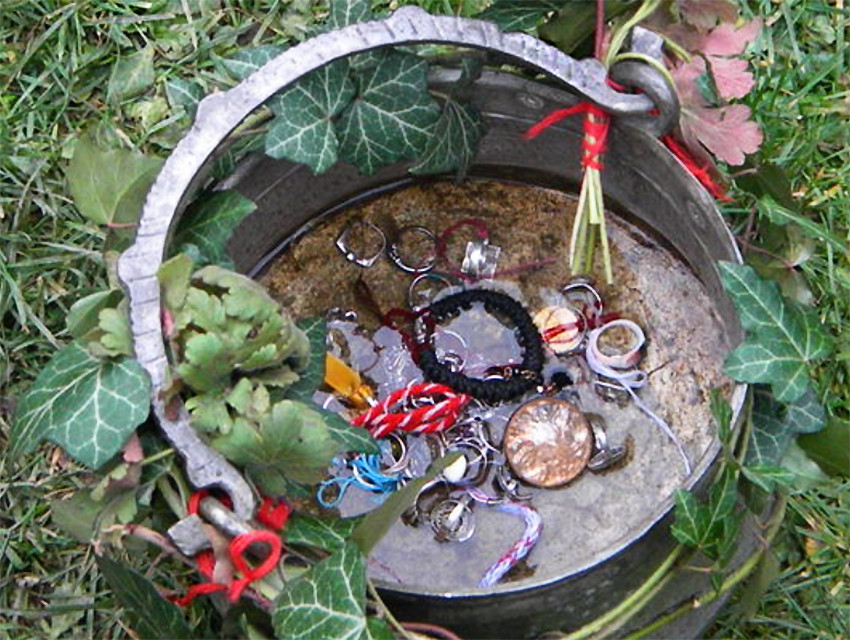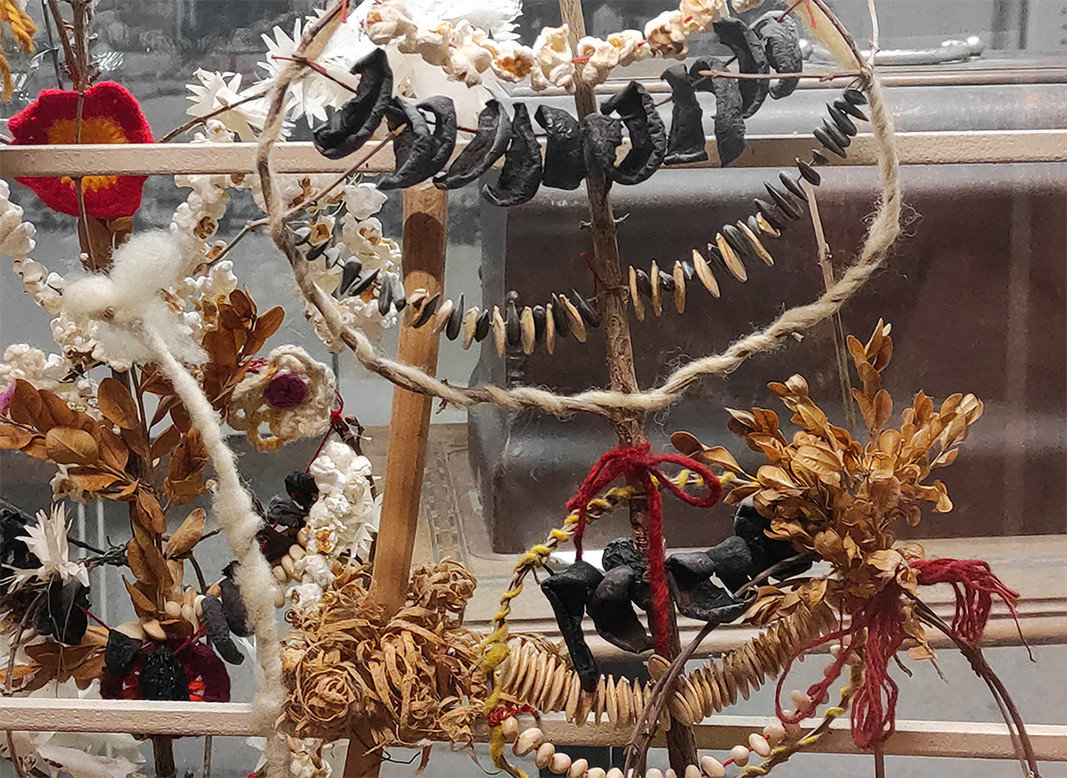For centuries the coming of the New Year has been one of the most important moments in Bulgarian tradition. It is more than a change of digits on the calendar, it is a borderline that has to be crossed, and it is crossed with a series of rituals and customs.
They begin in the first days of December and continue throughout January – a time regarded as a transition from darkness to light, from chaos to a new order.
On the first day of January, the Eastern Orthodox celebrate the Circumcision of Jesus, as well as the memory of St. Basil the Great. Called Vassilyovden, Surva, Surovaki, January 1 is the name day of Vasil, Vasilka, Vasilena, Veselin, Veselina and others.
The Surva Eveis the last of the three festive nights on which incense is burned for cleansing. But unlike Ignazhden and Christmas Eve, when only fasting dishes are put on the table, the New Year's Eve table traditionally has pork, which used to be a pig's head or some jelly dish made from the pig slaughtered for Christmas.
This is the only instance in which pork is a ritual food in Bulgarian tradition. In some places in the country, usually in rural areas where people keep livestock, the custom is still observed today. The other foods on the table are largely the same as on Christmas Eve - wheat, fruit and vegetables, walnuts, dolmas and stuffed peppers (usually with meat and rice)... It is believed that the richer the table, greater will be the abundance in the coming year.
The banitsa with lucky charms prepared in the old year is cut with the first hours of the new year. Once, women would put small pieces of dogwood branches - one for each family member. Each of them was named for health, love, marriage, etc.

As any time of transition in the folklore calendar, it is a day to have one’s fortune told. Laduvane is one of the rituals performed on this day with divinations – young lasses would find out whether they would get married the coming year, and to whom. Rings would be tied to posies and would be dropped into a receptacle full of “silent water” for the night. In the morning, the girls would fish the posies out to short ritual incantations describing different crafts and occupations. For example: “White paper, black ink” meant the future husband would be a teacher; “Gold bracelets clanging on the bed” meant he would be a goldsmith etc. Interestingly, this is a ritual that has been preserved and is performed in many villages in our day, though of course, now it is just part of the festivities on this day and a way to show commitment to ancient tradition.

The best preserved of the New Year’s ritualis survakane, a tradition that has never been abandoned.
According to historians, in the past the survakars were married young men. Over the years, the custom has changed, and in the last century, it is boys - from 4-5 to 10-12 years of age - who take part in the ritual. They set off after midnight on 31 December against 1 January, dressed in new clothes, and go from door to door to bless the owners for health and fertility.
In folk beliefs, the dogwood is a symbol of endurance, health and longevity. A light tap on the back with it is said to bring health and good luck. Nowadays, there are ready-made sourvachkas, though in olden times they were hand-made. The twigs were then decorated – with woolen threads of different colours, though red is a must, a red apple, popcorn and dried fruit.

In villages and small towns where everyone knows everyone else, groups of survakari make the rounds of many of the houses on New Year’s night. But more often than not, the children go to relatives, friends and neighbours to tap them on the back with their sourvachkas, for which they are given money, fruit etc. Depending on the region, the incantations that accompany this ritual are different, but the meaning of this practice is the same – it is done for health and prosperity.
And the blessing goes: “Surva, a Happy New Year, a golden wheat-ear in the field, a red apple in the garden, yellow corn off the woods, large grapes on the vine, Beehives full of honey, little chicks everywhere! Good life and health during the whole year and beyond!”.
Photography: © Elena Vladova knigovishte.bg, archive
Over 1000 people, keepers of Bulgarian spirit and traditions, gather in Balchik on the Black Sea from 21 to 24 September for the International Folklore Festival "Sea of Rhythms". The festival will feature live performances by singers and dancers..
The town of Vidin (Northwestern Bulgaria) hosts the Blue Danube International Folklore Festival for the fourth consecutive year. The event takes place in the Danube Park and continues until Sunday, September 3. The festival‘s mission is to..
More than 3,500 people will take part at the 17th National Thracian Folklore Festival " Bogorodichna Stapka " in the resort village of Starozagorski Bani, Stara Zagora region . The official opening is at 11:00 am today. The National..

+359 2 9336 661
